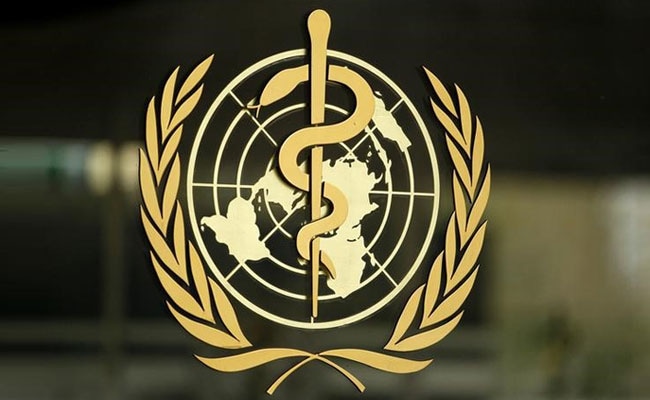
WHO estimates that 21 countries are in a position to achieve this goal, including six countries in the African Region, where the burden of the disease is heaviest. (File Photo)
Geneva:
Six countries in Africa, the continent where malaria is most widespread, could be free of the disease by 2020, according to a WHO report published Monday to mark World Malaria Day.
One of the goals of the World Health Organization's 2016-2030 programme against malaria is to wipe out the disease in at least 10 countries by the end of this decade.
"WHO estimates that 21 countries are in a position to achieve this goal, including six countries in the African Region, where the burden of the disease is heaviest," the Geneva-based organisation said in a statement.
These countries are Algeria, Botswana, Cape Verde, Comoros, South Africa and Swaziland.
In South Africa the elimination of malaria is a public health objective. The country registered 11,700 cases of the disease in 2014 -- down from 64,000 in 2000 -- with most diagnoses coming from areas bordering Swaziland, Zimbabwe and Mozambique.
"Through targeted action and cross-border collaboration, South Africa has the potential to eliminate malaria by 2020," the WHO report said.
The other countries the organisation believes could achieve this objective are China, Malaysia and South Korea, eight Latin American nations (Costa Rica, Belize, El Salvador, Mexico, Argentina, Paraguay, Ecuador and Suriname), as well as Saudi Arabia, Iran, Oman, Sri Lanka, Bhutan, Timor-Leste and Nepal.
Europe, Central Asia and the Caucasus eradicated malaria in 2015, according to a WHO report published earlier this month.
Some 214 million people suffered from malaria last year of which 438,000 died from the disease, according to the organisation.
Nine out of 10 deaths from the disease in 2015 came from sub-Saharan Africa, the report said.
One of the goals of the World Health Organization's 2016-2030 programme against malaria is to wipe out the disease in at least 10 countries by the end of this decade.
"WHO estimates that 21 countries are in a position to achieve this goal, including six countries in the African Region, where the burden of the disease is heaviest," the Geneva-based organisation said in a statement.
These countries are Algeria, Botswana, Cape Verde, Comoros, South Africa and Swaziland.
In South Africa the elimination of malaria is a public health objective. The country registered 11,700 cases of the disease in 2014 -- down from 64,000 in 2000 -- with most diagnoses coming from areas bordering Swaziland, Zimbabwe and Mozambique.
"Through targeted action and cross-border collaboration, South Africa has the potential to eliminate malaria by 2020," the WHO report said.
The other countries the organisation believes could achieve this objective are China, Malaysia and South Korea, eight Latin American nations (Costa Rica, Belize, El Salvador, Mexico, Argentina, Paraguay, Ecuador and Suriname), as well as Saudi Arabia, Iran, Oman, Sri Lanka, Bhutan, Timor-Leste and Nepal.
Europe, Central Asia and the Caucasus eradicated malaria in 2015, according to a WHO report published earlier this month.
Some 214 million people suffered from malaria last year of which 438,000 died from the disease, according to the organisation.
Nine out of 10 deaths from the disease in 2015 came from sub-Saharan Africa, the report said.
Track Latest News Live on NDTV.com and get news updates from India and around the world

